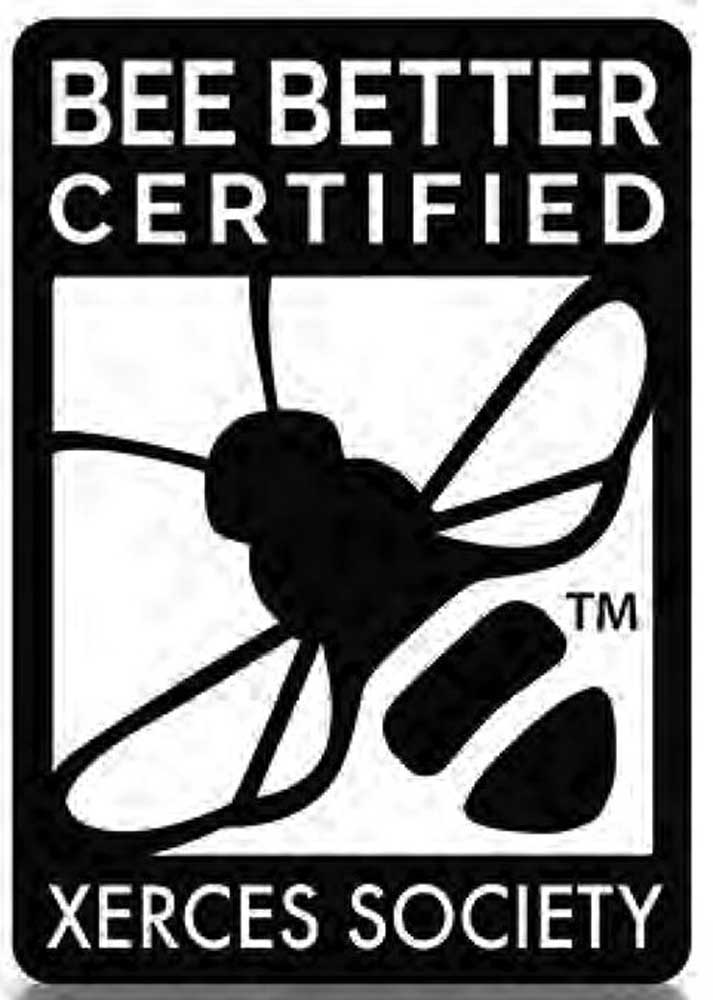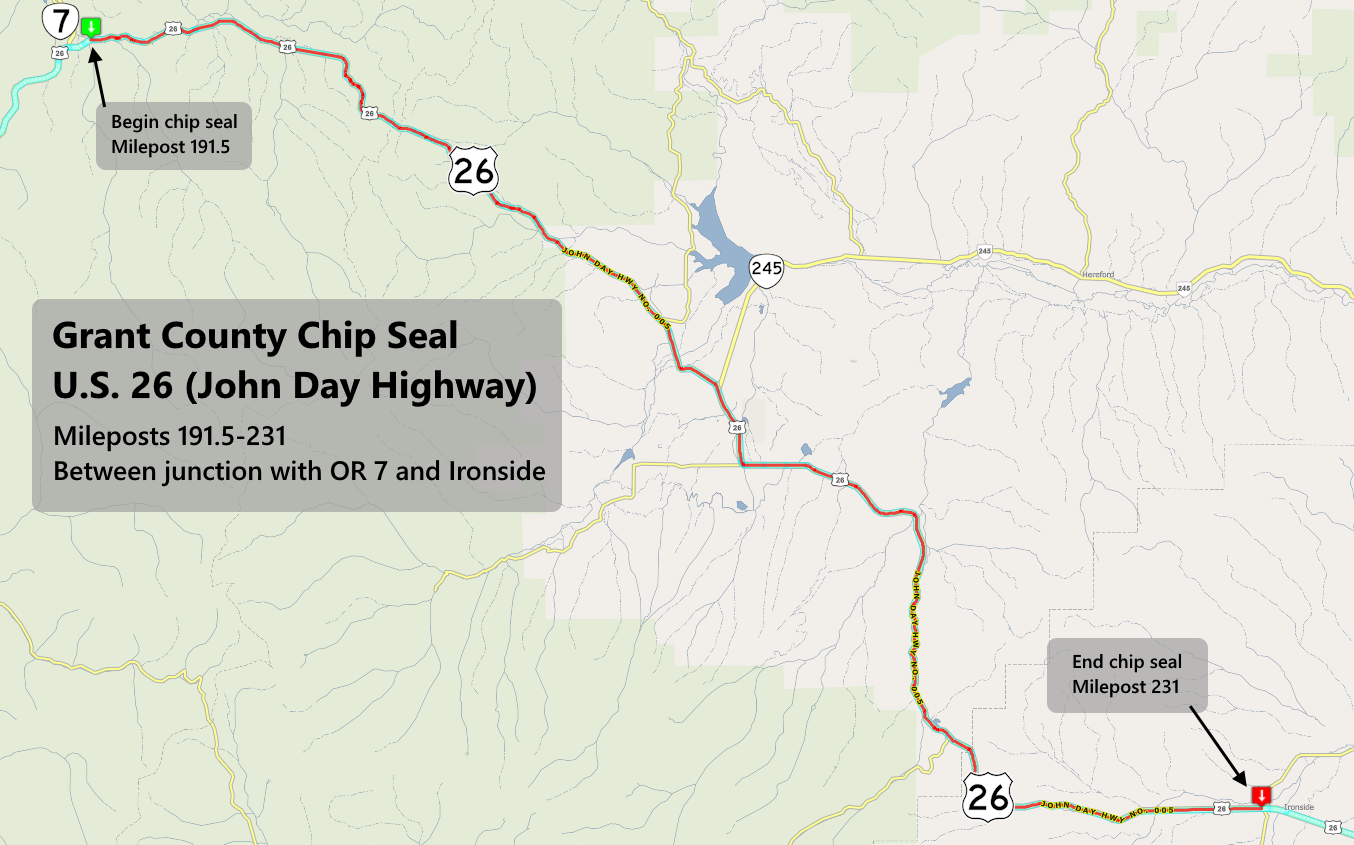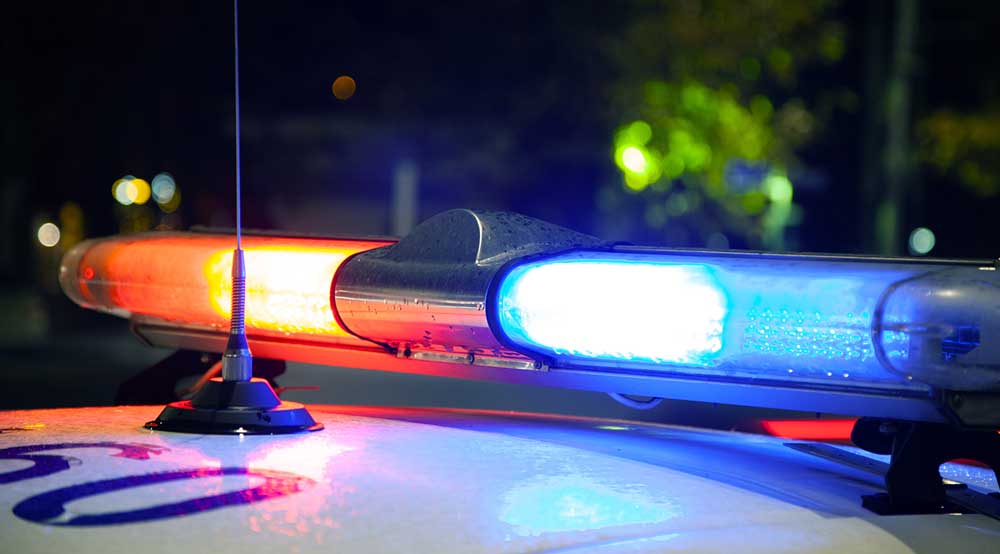HOME & GARDEN: Perk up for pollinators
Published 12:20 pm Thursday, May 27, 2021

- HG
Bees and other pollinators — bats, butterflies, beetles, wasps and birds, among others — play a critical role in nature and in our food production system.
According to the USDA, more than 100 different crops worth $18 billion rely on pollinators. But some pollinator populations are in rapid decline.
Colony collapse disorder
The Western honey bee, in particular, is vulnerable to colony’s collapse disorder, a condition that causes worker bees to disappear, leaving behind only the queen and some nursemaid bees to care for babies. The USDA says the disorder is likely the cause of stressors in the environment, such as pests, disease, pollutants, nutritional deficits and cloak of habitat.
Because the problem was recognized, honey bee populations are recovering. There’s still work to do, however, in bringing bee and other pollinator populations back.
Ways you can help
One thing everyone can do is to choose landscaping and gardening projects that include native species that flower at different times of year to provide a steady food source for pollinator populations. Bees and other pollinators prefer clumps of flowers in different colors and shapes. If you live in an area that hosts a monarch migration, plant milkweed in your yard to provide food for caterpillars.
In addition to good groceries, you can also provide nesting sites. Butterflies like the monarch prefer specific plants for hosting their larvae, like the milkweed, while hummingbirds like trees and shrubs. Bees like to build nests in the ground on in wood or dry plant stems. Provide nesting sites for bees by leaving ground nesting sites that are well-drained and face south so they get the most sun. Dead or hollow stumps and plant stems also make great bee habitat, or you can buy artificial nesting sites that are attractive additions to your garden.
Bee better program
Bee Better Certification is a program funded through the USDA’s Natural Resources Conservation Service. It certifies the use of pollinator-friendly conservation practices on farms. Manufacturers that qualify can use the Bee Better certification logo on product packaging, giving consumers an option to support farms that support bees.






